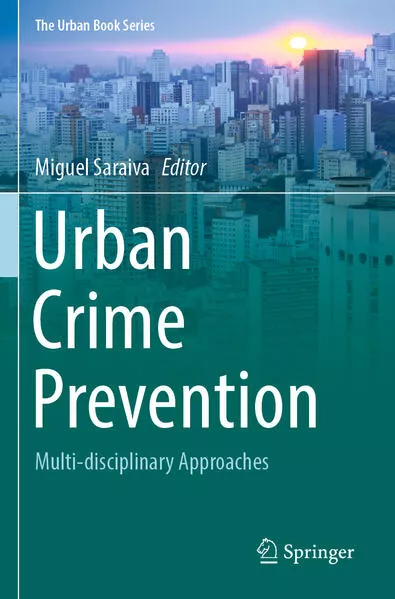
- Publikationen ca: 3
- Fragen & Antworten
Miguel Saraiva
Miguel Saraiva is an Assistant Professor at the Department of Geography of the Faculty of Arts and Humanities of the University of Porto, and a researcher at CEGOT – the Centre of Studies on Geography and Spatial Planning. A Civil Engineer with a Doctoral degree on Territorial and Environmental Planning, he mostly deals with the geographical and environmental perspectives of urban safety and quality of life, within the frameworks of territorial and social cohesion, whilst relying in the modelling and spatial analysis’ capacity of Geographical Information Systems.
He has been associated with several national and international projects on crime prevention, including TUD COST Action TU1203—Crime Prevention through Urban Design and Planning (2012–2016); project Erasmus+ SWaPOL – Social Work and Policing: Vocational Training in Public Order Management (2018-2021) led by the European Centre for Social Welfare; and being the coordinator of project CANVAS – Crime and Violence Prevention through Smart Planning and Artistic Resistance (2018–2022, funded by the Portuguese National Funding Agency for Science, Research and Technology and COMPETE 2020).
Urban Crime Prevention
This book provides an original cross-thematic and wide scope review of crime prevention processes in urban areas that are explicitly based on the cooperation between different scientific and professional fields. Focusing primarily on environmental and community-based crime prevention, this book compiles a peer-reviewed collection of papers and prospective essays that explore how, and to what extent, multi-disciplinarity can be used as a cornerstone for achieving safer cities.
Urban Crime Prevention
This book provides an original cross-thematic and wide scope review of crime prevention processes in urban areas that are explicitly based on the cooperation between different scientific and professional fields. Focusing primarily on environmental and community-based crime prevention, this book compiles a peer-reviewed collection of papers and prospective essays that explore how, and to what extent, multi-disciplinarity can be used as a cornerstone for achieving safer cities.
Urban Crime Prevention
This book provides an original cross-thematic and wide scope review of crime prevention processes in urban areas that are explicitly based on the cooperation between different scientific and professional fields. Focusing primarily on environmental and community-based crime prevention, this book compiles a peer-reviewed collection of papers and prospective essays that explore how, and to what extent, multi-disciplinarity can be used as a cornerstone for achieving safer cities.


